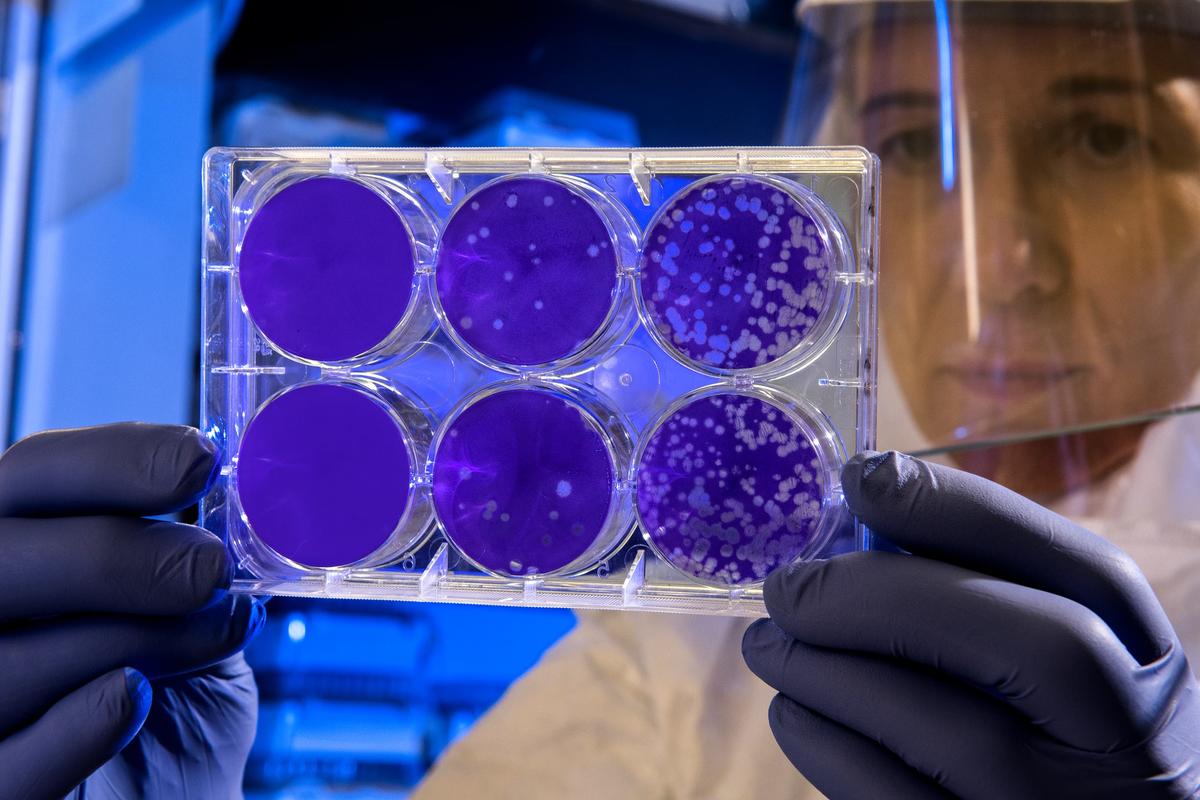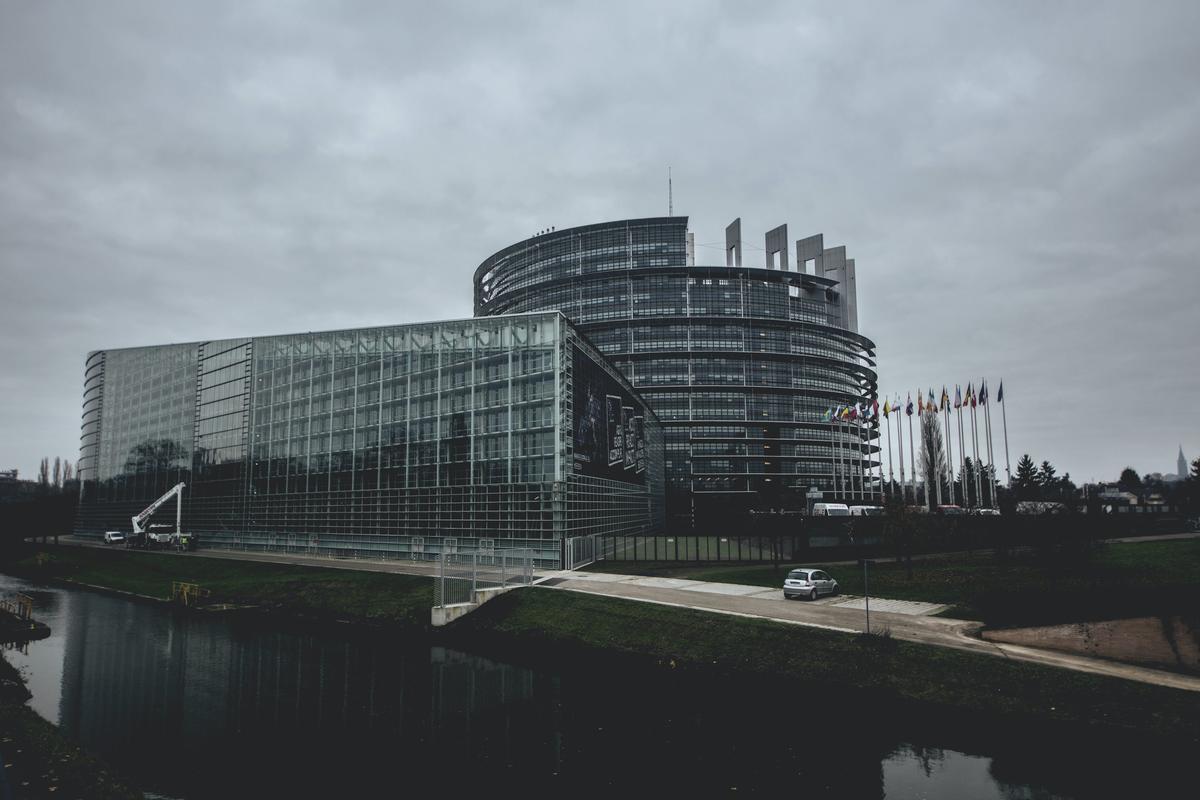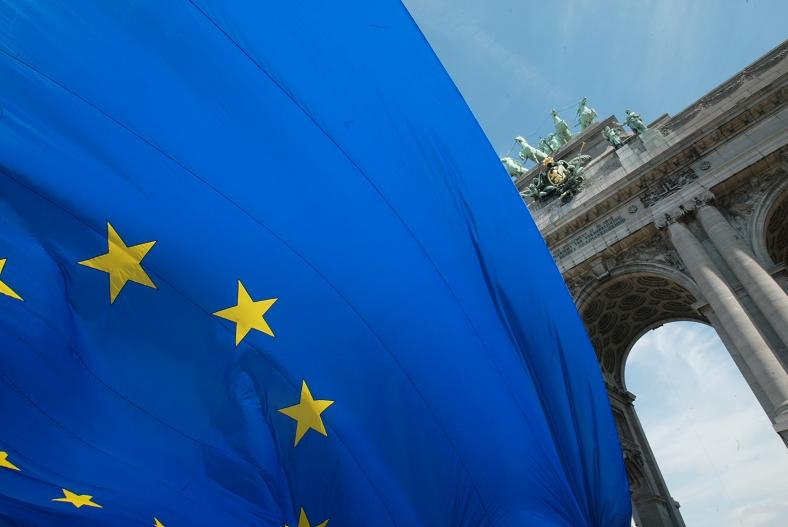On 3 February, the European Commission released its long-awaited Communication on Europe’s Beating Cancer Plan (EBCP), a comprehensive strategy for addressing the growing prevalence of cancer in the EU and reducing the burden it places on Europe’s healthcare systems, economies and societies at large.
The EBCP was already a key priority of the von der Leyen Commission before the onset of the COVID-19 pandemic. However, its publication was postponed as the impact from COVID-19 grew. As the pandemic severely disrupted cancer treatment and care in the EU, there is an even stronger need to address these growing challenges. The publication of the EBCP therefore comes at a critical time for the EU health policy agenda. As the European Union is grappling with the impact of the unprecedented COVID-19 pandemic, there is also increasing pressure for its decision-making power in health policy to be reinforced. It is in this context that the European Commission is launching its wide-reaching Europe’s Beating Cancer Plan, which will lay out the framework for the EU’s efforts to combat this debilitating disease over years to come.
Below are some of the key initiatives put forward by the EBCP that we believe organisations will need to focus on, both at EU level and beyond.
EXPANDING RESEARCH CAPACITIES, EMBRACING DIGITAL SOLUTIONS AND LEVERAGING GENETICS
Perhaps unsurprisingly, boosting the EU’s cancer research capacity represents a core element of the EBCP. The Mission on Cancer is notably identified as a major contributor for the EU’s cancer research investment, while the creation of a Knowledge Centre on Cancer will lay-out a common approach for cancer research activities across the EU.
The Plan will also embrace the potential of genetic research for informing cancer prevention and treatment with actions such as the launch of the ‘Genomic for Public Health’ project, which will support Member States in implementing genetic testing.
A point which comes across clearly from the EBCP’s different initiatives is that the European Commission intends to leverage the potential of AI and digital solutions for tackling cancer. The European Commission explicitly states in the EBCP that it will focus on making health data more widely accessible and sharable, notably via the roll-out of the European Health Data Space. The launch of a European Cancer Imaging Initiative will also provide a common data space for diagnostic imaging and follow-up treatments.
PLACING PREVENTION AND IMPROVED CANCER SCREENING AT THE CORE OF THE PLAN
The EBCP has a strong prevention component, with several initiatives on curbing tobacco and alcohol consumption, promoting healthy diets and healthy lifestyles and reducing occupational exposure to carcinogens. The Plan will also help eliminate cervical and other cancers caused by human papillomaviruses by supporting Member States’ vaccination activities.
One of the EBCP’s flagship initiatives will be dedicated to improving cancer screening in the EU. Specifically, the new EU Cancer Screening Scheme will be entirely dedicated to the early detection of cancer. Additionally, the EBCP will also present a proposal to review and update the Council Recommendation on cancer screening and possibly extend targeted cancer screening to include additional cancers such as prostate, lung and gastric cancer is particularly relevant. This last initiative is particularly significant as it could support early detection and access to treatment in these disease areas.

SUPPORTING ACCESS, TACKLING INEQUALITIES AND REINFORCING CROSS-BORDER COLLABORATION
Although several initiatives to improve patients’ access were already identified in the European Commission’s recently adopted Pharmaceutical Strategy, the EBCP will add to these efforts through several actions. These include a move to support the repurposing of existing medicines through the launch of an EU platform to improve access to cancer medicines. In addition, another new project will leverage High-Performance Computing to rapidly test existing molecules and new drug combinations, with a focus on rare cancers and cancers with poor prognosis, also analysing and leveraging innovative and promising treatments in that area. Importantly, the EBCP also referred to the adoption of the proposal on Health Technology Assessment (HTA) as an enabler of “speedy access to innovative cancer diagnosis and treatments”. However, it remains to be seen whether the Council will be able to reach a common position on this file.
The EBCP underlines that there are currently considerable inequalities in cancer prevention, care and treatment across the EU, as shown by the significant differences in cancer survival rates in different Member States. Therefore, addressing these inequalities represents one of the key objectives of the EBCP.
In this respect, the European Commission intends to foster cross-border collaboration and support the creation of an EU Network, which will integrate existing rare-cancer European Reference Networks together with newly created ones.
ENCOURAGING THE DEVELOPMENT OF INNOVATIVE TREATMENTS
The EBCP also recognises the importance of supporting innovation for successfully tackling cancer in the EU. The European Commission is working on a new Partnership on Personalised Medicine, which will be funded under Horizon Europe, and the EBCP outlined that one of its goals will be to identify priorities for research and education in personalised medicine and support research projects relevant to cancer. Interestingly, although the application of 'Horizon Scanning’ techniques to consolidate information on effective and less invasive cancer treatments including targeted therapy, immunotherapy and gene therapy was included in the draft version of the EBCP, it has since been removed.
MAKING THE FIGHT AGAINST CHILDHOOD CANCER A PRIORITY
Another major focus point of the EBCP is the fight against paediatric cancer, as the European Commission has made combatting childhood cancer a clear point of focus of the EBCP, with several initiatives aiming to improve its detection, diagnosis, treatment and care. The EBCP also states that the revision of the Orphan and Paediatric Regulations “will enhance the study and authorisation of new cancer medicines for use in children”, confirming a strong focus on paediatric cancer treatments.
The EBCP is a wide-ranging strategy intrinsically linked to several other EU flagship initiatives such as the Pharmaceutical Strategy for Europe, the Green Deal and the Farm to Fork Strategy. This goes to show the significance of the EBCP both for the health space but also for a wide range of additional policy areas and sectors. At Edelman, we believe it will be critical for organizations active in the health space (and beyond) to understand how to contribute to the ambitious policy agenda outlined by the EBCP, adapt their priorities and refine their public affairs and communication strategies. If you are interested in discussing in more detail, then get in touch.
Sebastian Loerke is Senior Account Executive at Edelman Brussels.






